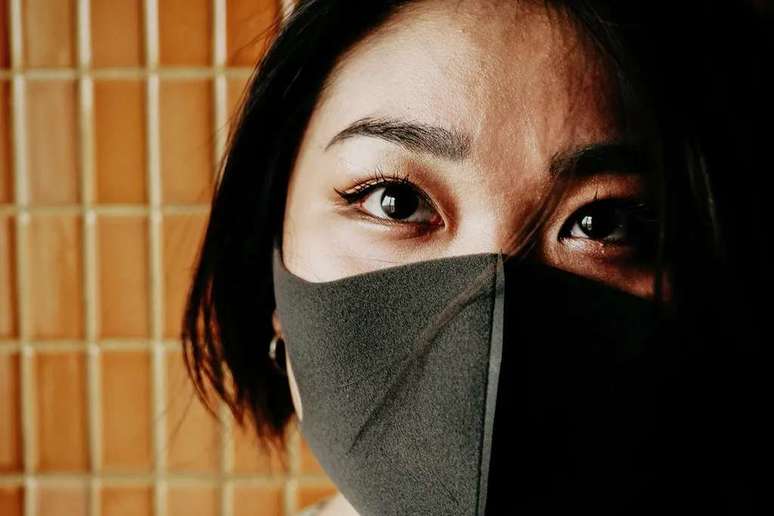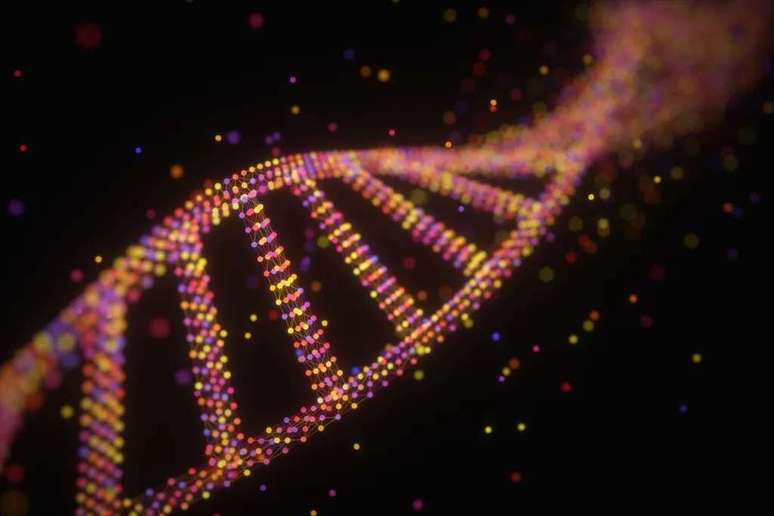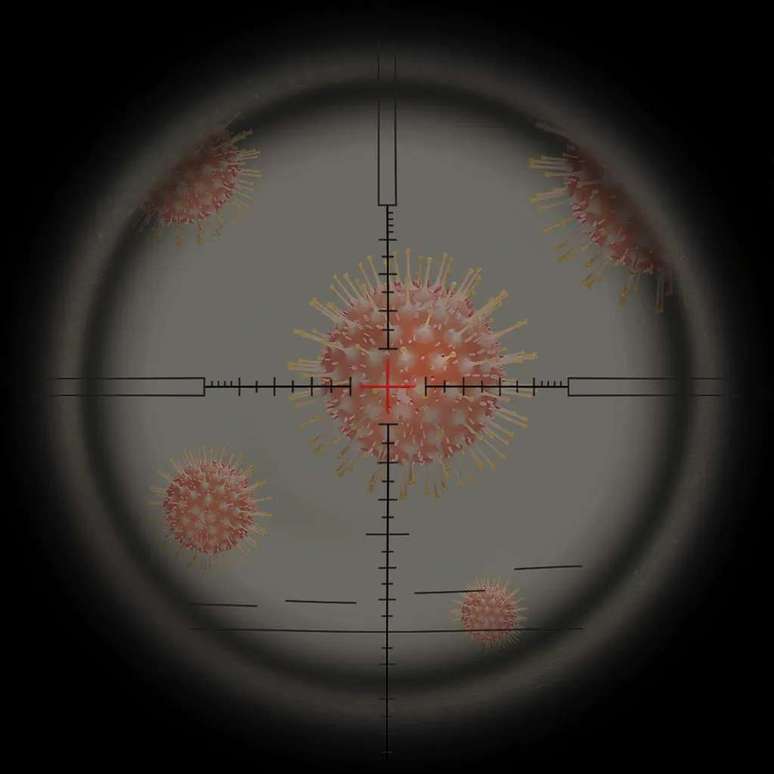Genetic research efforts are focused on the mutations that make some people immune to covid-19: can we use it for better treatments?
In 2023 there are already more than three years to go before the first known infection of COVID-19, with hundreds of millions of cases worldwide since then. We all know someone who has gone through the disease one or more times, when we ourselves weren’t infected – but, more rarely, there are those who have never faced the pathogen. It is these people that science is now trying to investigate.
- Study reveals importance of booster doses against covid-19 in Brazil
- Brazil remains 24 hours without covid-19 deaths for the first time
One of the problems at the table is that we don’t know what confers this immunity so exceptional to a few lucky humans. genes? Too much care with insulation? Fortune? So far, most research has understandably focused on understanding the virus itself and creating effective immunizers, with funding and collaborations to do so. With so many areas to research, there was little left to study about natural immunes.

Research focus and immunity
Now that the pandemic situation is calmer, some researchers are looking for genetic clues that could explain how some people have never been infected with the virus. SARS-CoV-2, such as those responsible for the COVID Human Genetic Effort (COVID Human Genetic Effort, in free translation), an American initiative that recruited individuals exposed to the virus, but who remained unharmed. They include healthcare workers and people who have lived in the same environment as infected people.
Scientists are targeting DNA mutations that could explain increased resistance to the pathogen, such as differences in cell receptors or enzymes in the body, part of the pathway the virus must take to enter our cells. The mutation could also be, for example, in the immune response to infections defined by specific genes. We do not know yet.
Studies like this one, which scan the human genome for changes that might explain disease resistance, have been underway for some time. We already have information about the genetic differences that confer greater immunity to HIV and norovirus, for example, knowledge that can be used in pathogen prevention efforts.

Disputes, problems and future
Even so, things are not that simple. While we know of the mutations that protect some individuals from norovirus, we don’t have a vaccine or treatment against the virus and genetic modification efforts like “CRISPR children“, who were born with modified genome in 2018, are ethically controversial and even illegal. How to use this knowledge?
Mutations can also occur in a number of genes, and not just one, accumulating factors that give this increased immunity to covid-19. The modification of many genes in our body can end up generating unwanted adverse effects, making it difficult to use this knowledge in practice, even in the production of medicines. We may be able to learn how the virus infects people and causes disease, but that remains only scientifically interesting and not clinically useful.
At present, SARS-CoV-2 continues to infect people around the world, mutating and generating variants, so perhaps our concern should remain more focused on the vaccinesthat already saved millions or even billions of lives until now. We are currently facing the problem of long covidwhich continues to leave people with consequences that are not yet fully understood, which can even limit the daily activities of those affected.

Perhaps it would be better to study, for now, the mutations that make some people more susceptible to such symptoms, which make covid-19 a chronic disease. That focus will depend on how the virus develops in the future and how we can mitigate it – in the meantime, we await the results of the genomic analyses.
Source: The conversation
Trending on Canaltech:
- Microsoft shuts down social networks no one remembered existed
- Learn to protect yourself: how do hooligans apply the new Pix scam?
- Gut bacteria may play a role in depression, according to one study
- How coffee really affects the human body, according to science
- Find out when your Galaxy phone will receive One UI 5.1
- Anti-inflammatory rejuvenates blood in study mice
Source: Terra
Rose James is a Gossipify movie and series reviewer known for her in-depth analysis and unique perspective on the latest releases. With a background in film studies, she provides engaging and informative reviews, and keeps readers up to date with industry trends and emerging talents.








